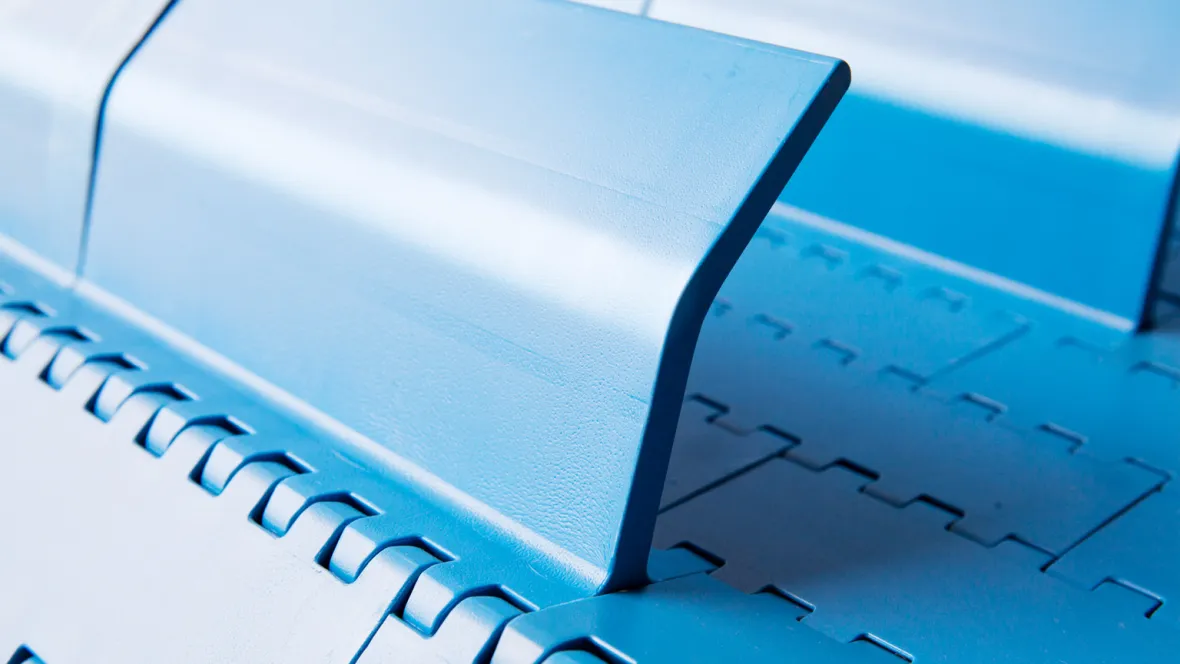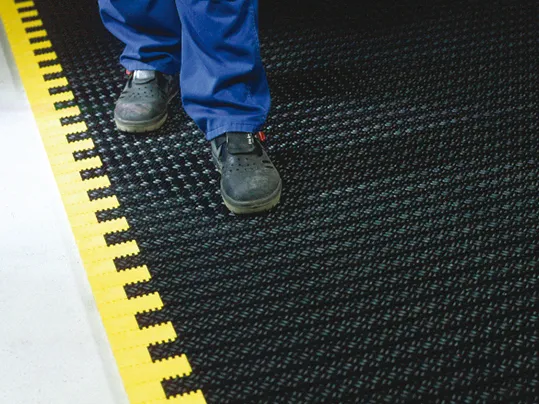Plastic Modular Belting
Siegling Prolink

Because of their construction conventional conveyor belts are not suitable for certain applications. Siegling Prolink plastic modular belts are an excellent solution in these cases: The material is rot-resistant, durable and physiologically safe (all standard materials used are FDA compliant). As a rule cleaning the belts is simple

The Siegling Prolink system consists of ten series functionally designed for diverse conveying and processing tasks. Inserted connecting rods join the individual modules together making them flexible and endless.
This means:
Existing machinery can be converted to Siegling Prolink easily. Apart from the standard colours, any colour is available on request.
By using different materials the characteristics of the various modular types are more specialised. With this variability Siegling Prolink fulfils all practical requirements: In conveying, positioning, washing, drying, freezing...
PA (Polyamide)
POM-CR (POM cut resistant)